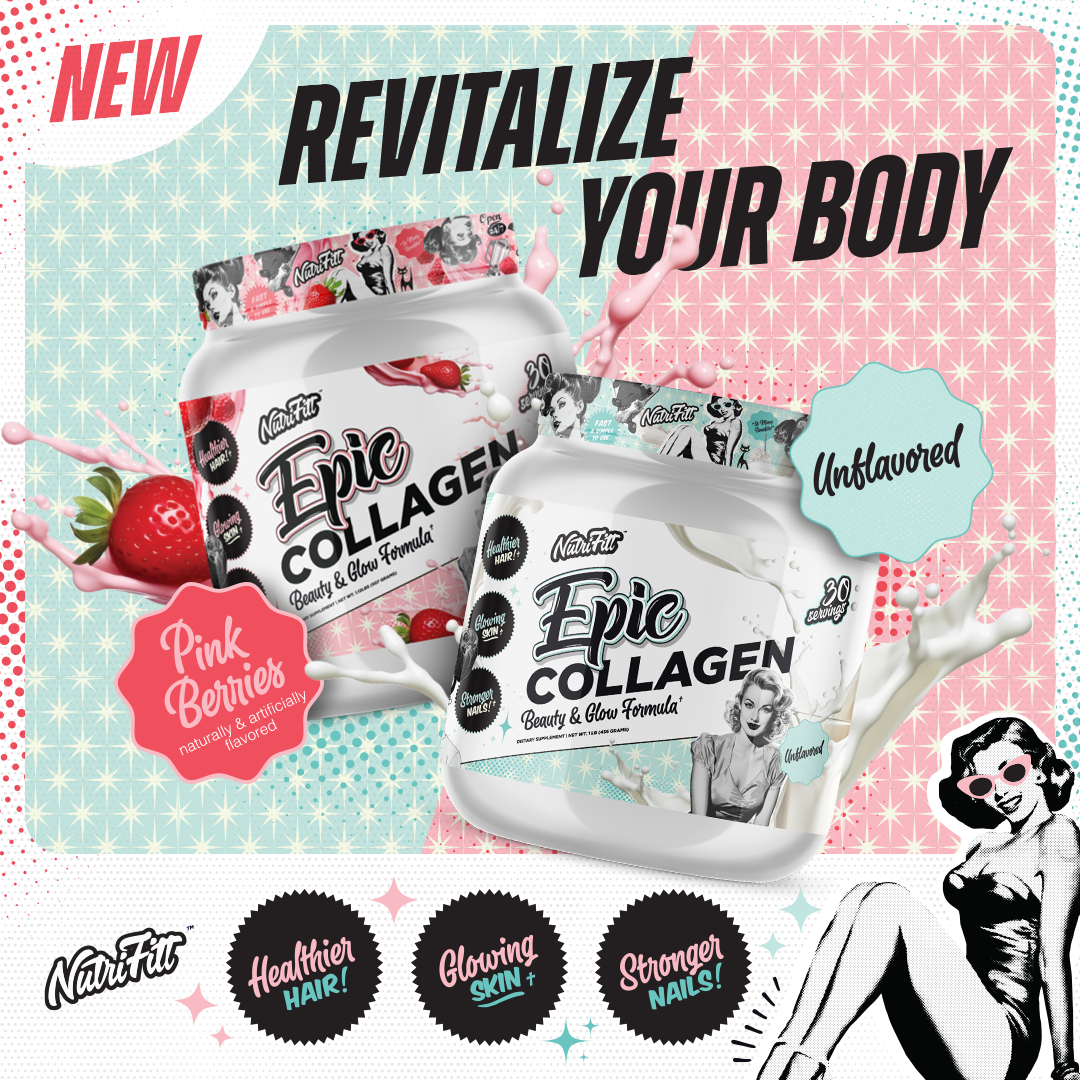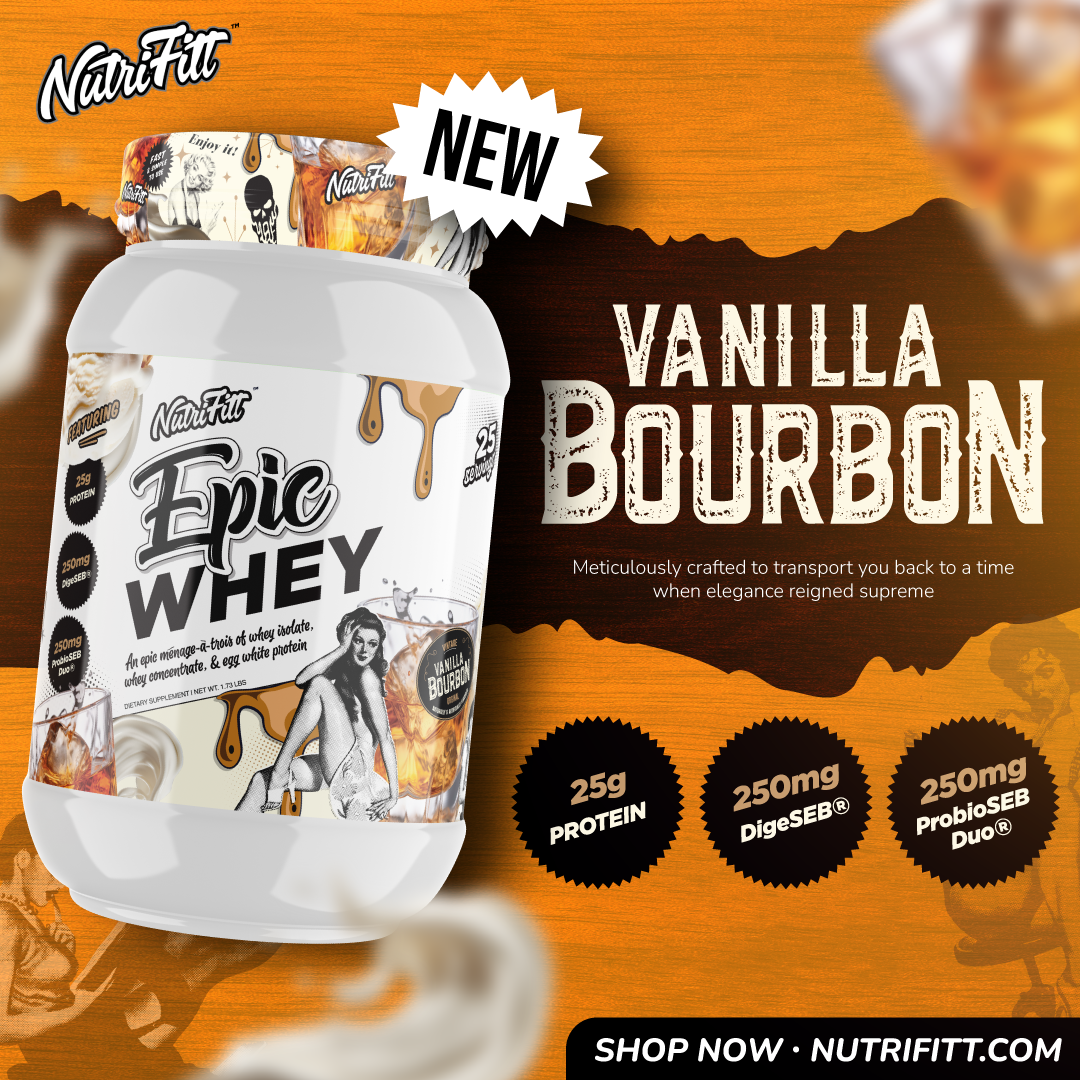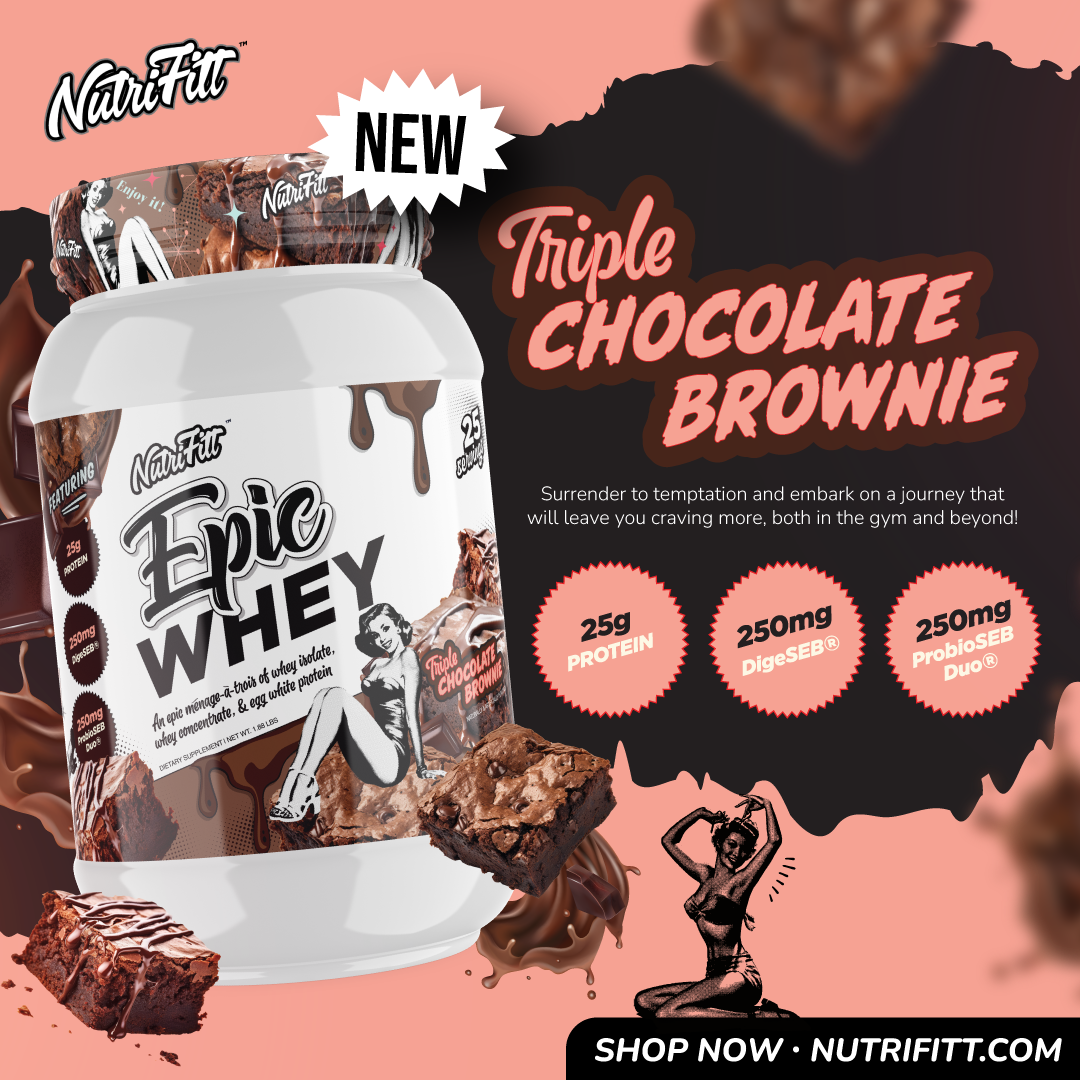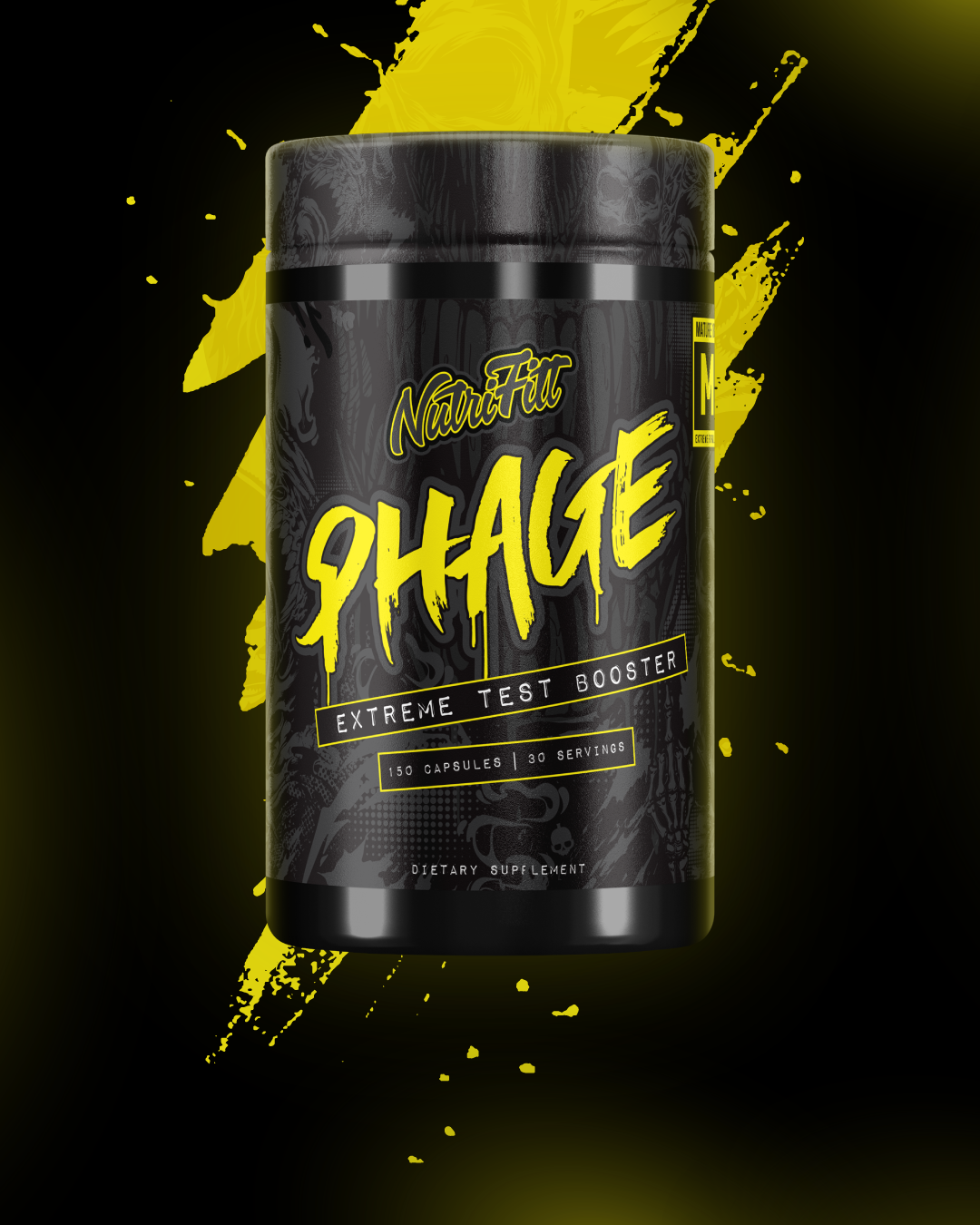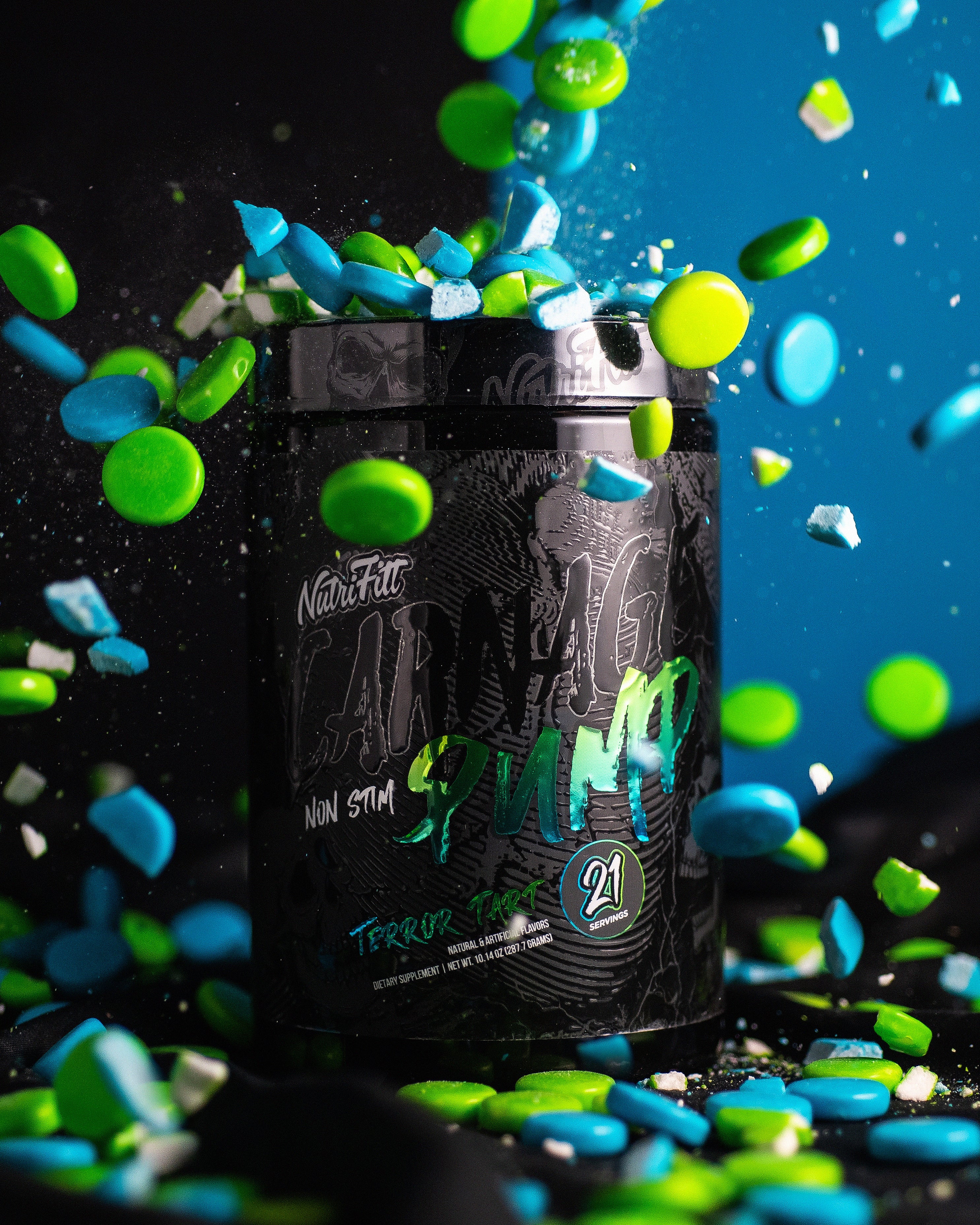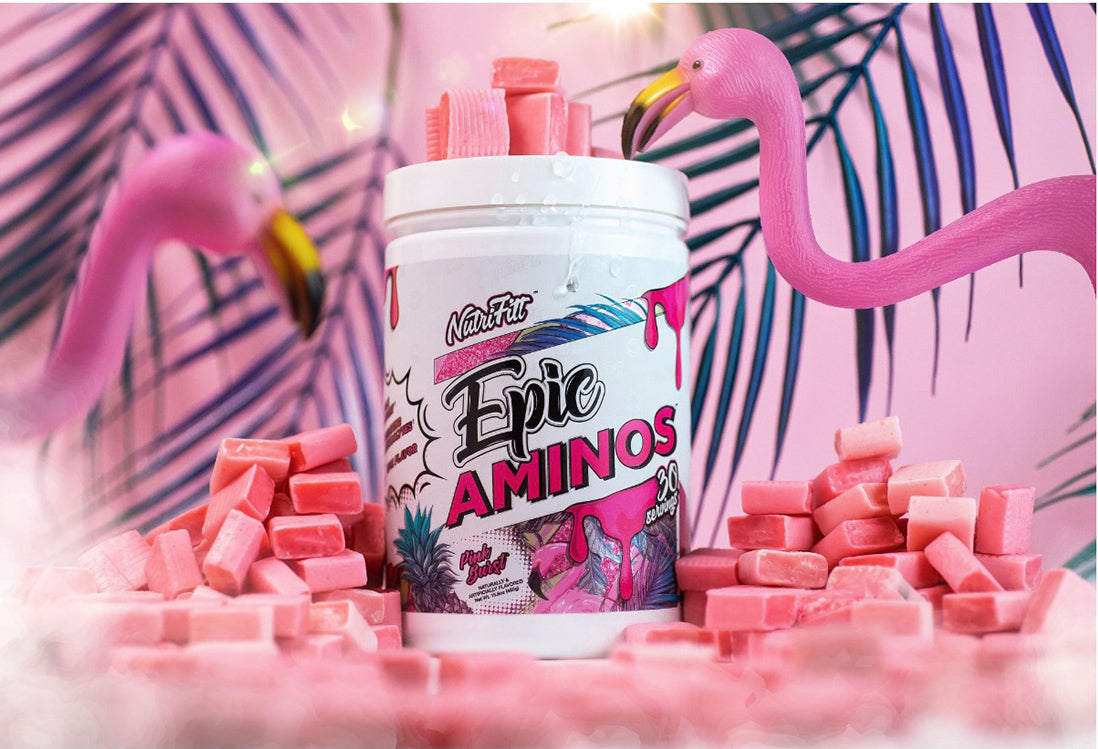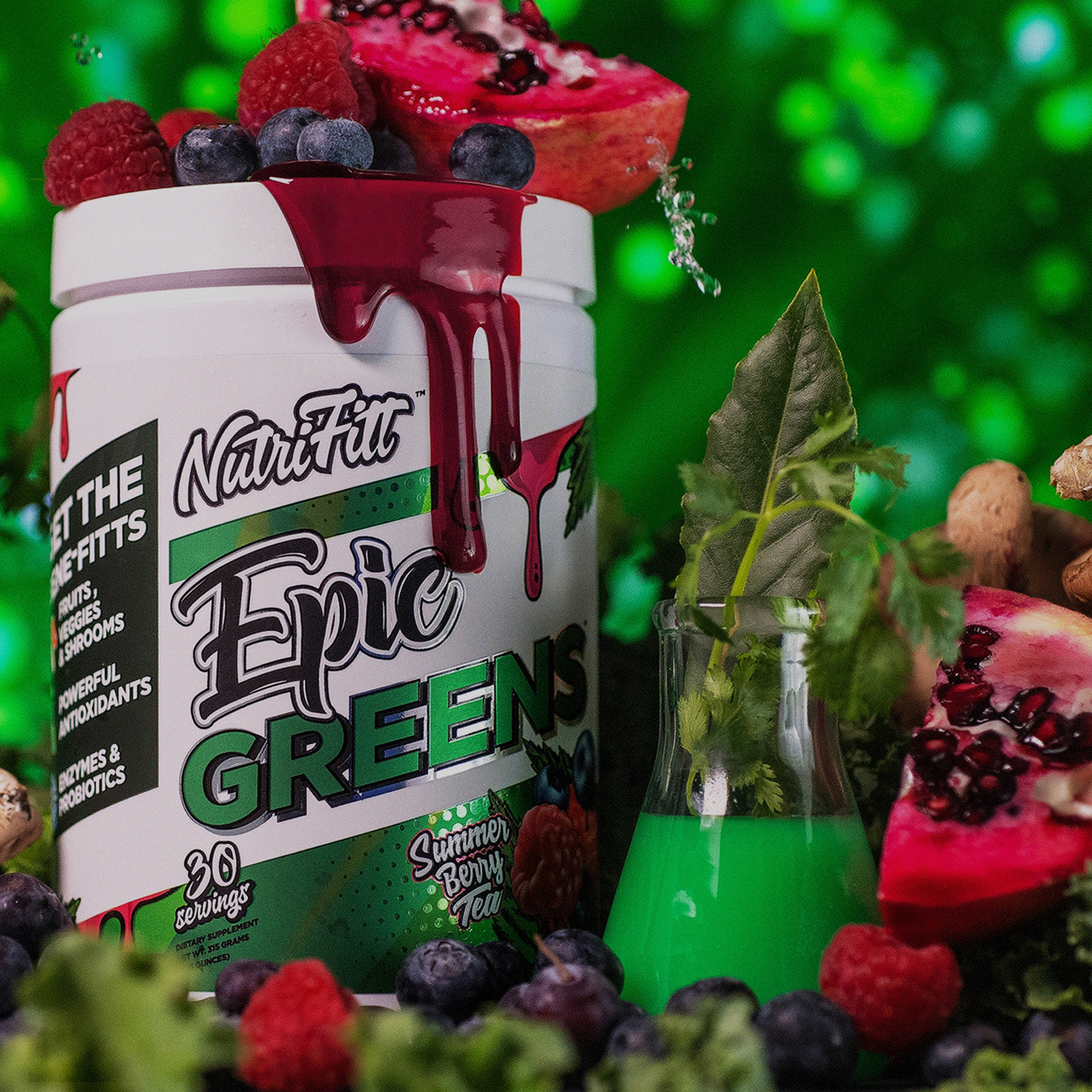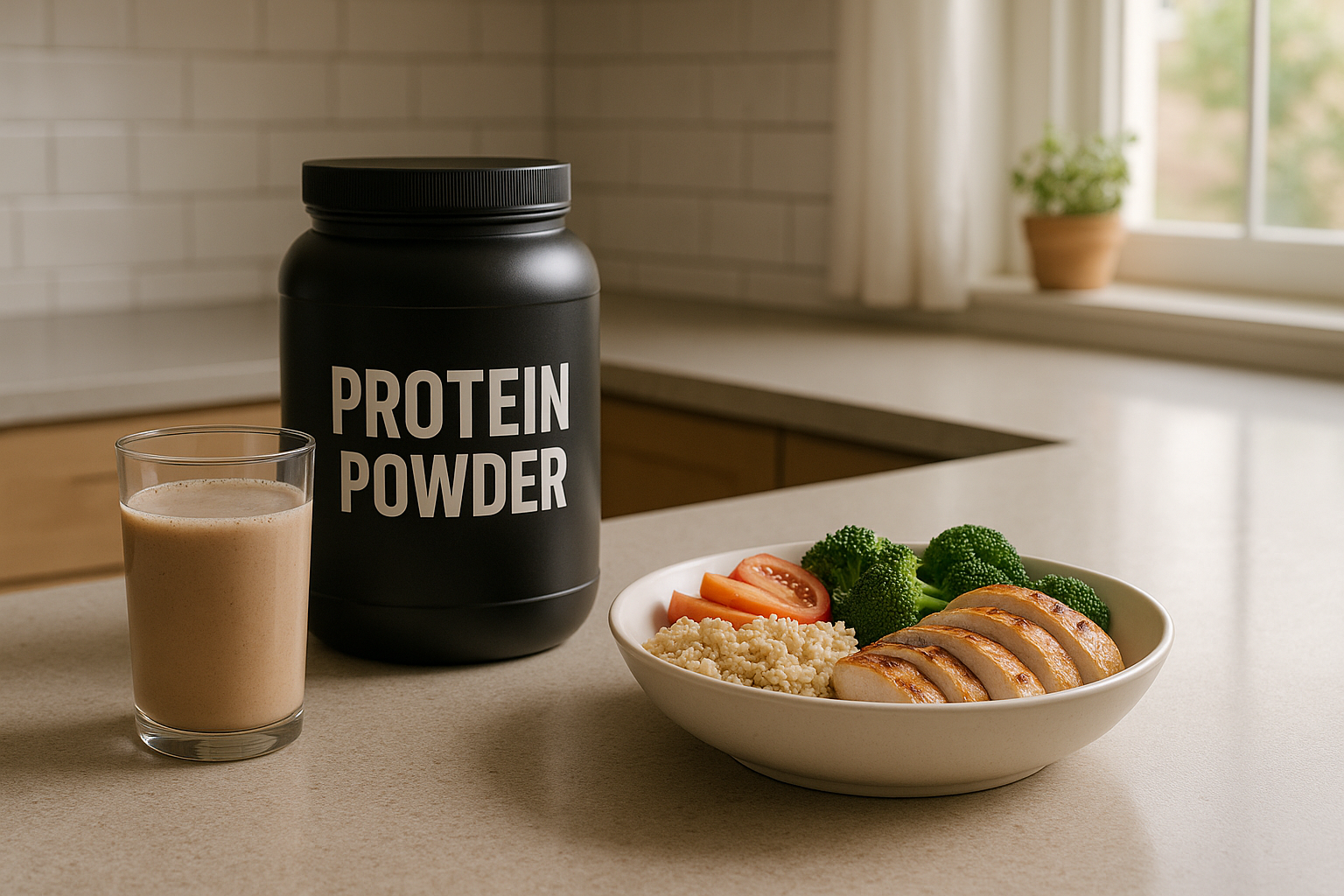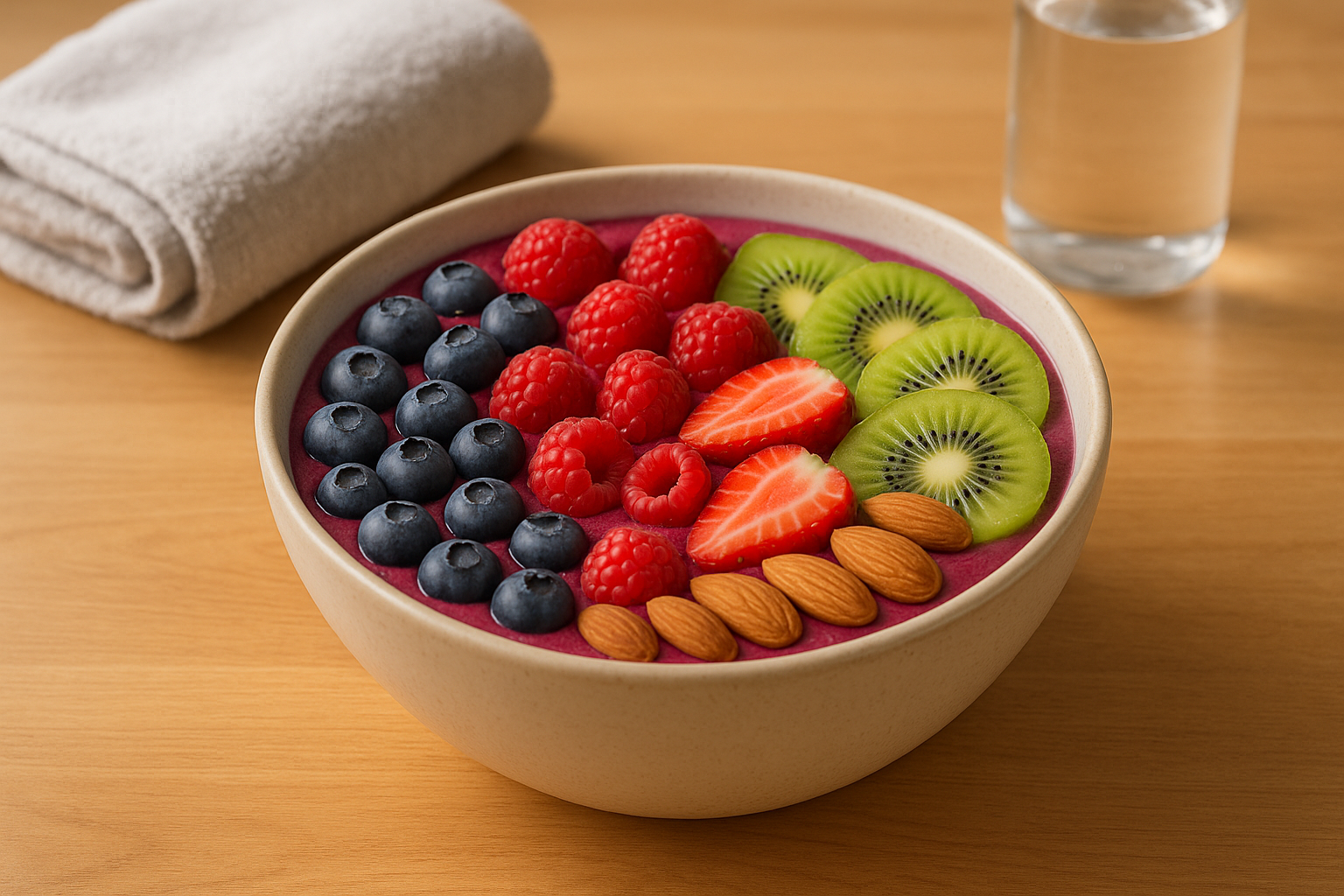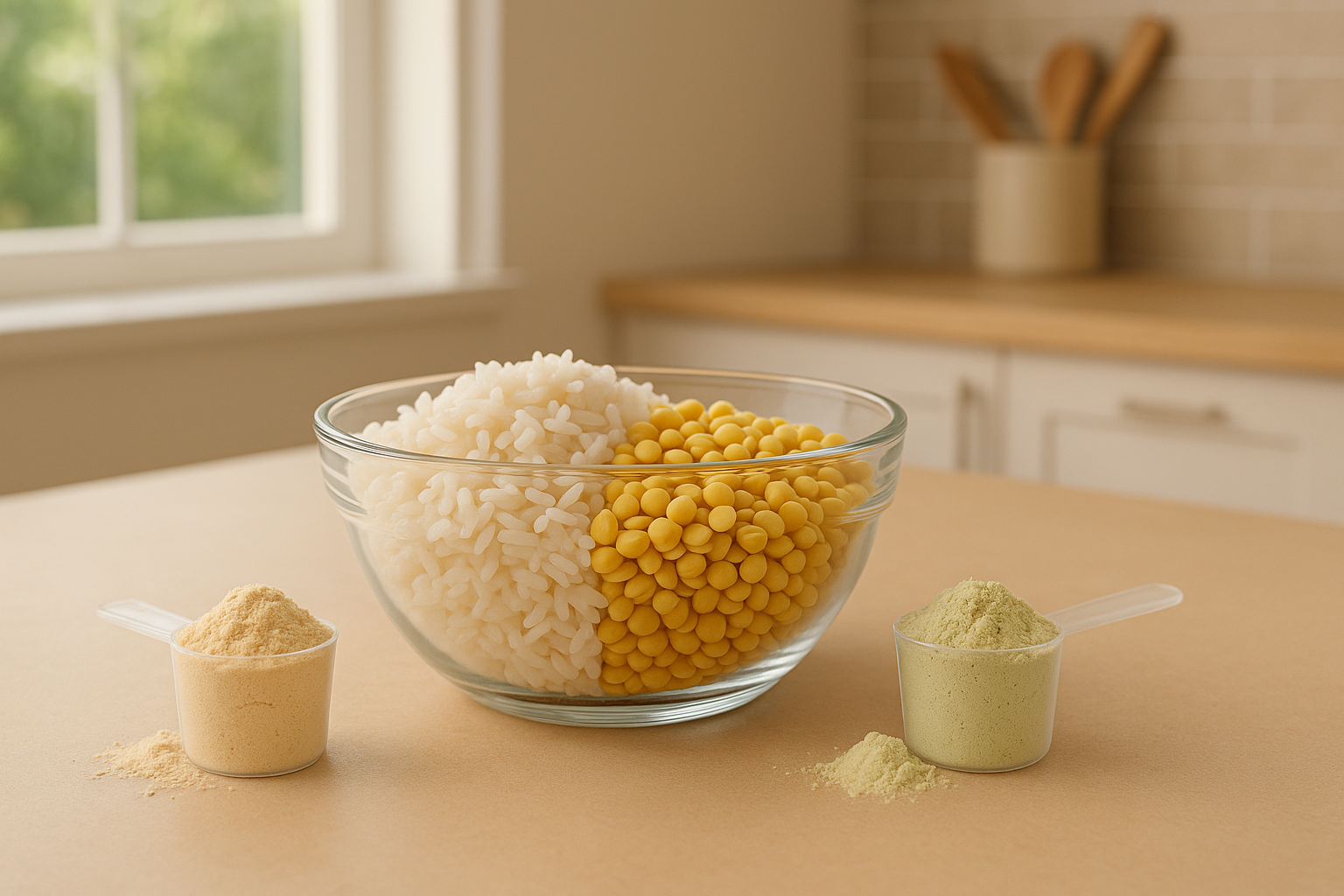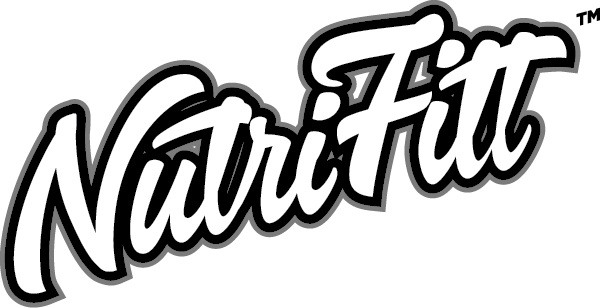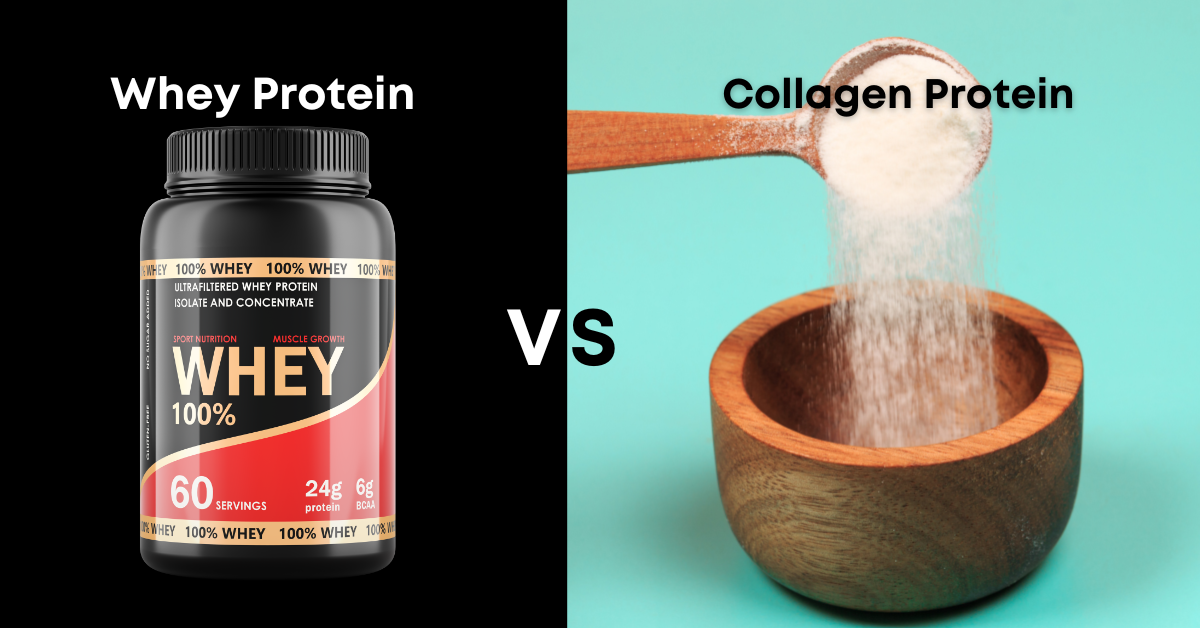
Whey Protein vs. Collagen Protein: Which One is Right for You?
Whey protein and collagen are two popular protein supplements, each offering unique benefits for health and fitness. Whey protein, derived from milk, is rich in essential amino acids and particularly effective for muscle growth and recovery. Collagen, found in connective tissues, supports skin elasticity and joint health. For those focused on fitness and muscle building, whey protein is more beneficial, as it stimulates higher rates of protein synthesis due to its high concentration of leucine. NutriFitt offers both supplements, which can be combined for comprehensive benefits, with whey protein typically consumed around workouts and collagen throughout the day.
Whey vs. Collagen: At a Glance
- Whey protein enhances muscle growth and recovery, while collagen supports skin elasticity, joint health, and tissue repair.
- Whey is a complete protein rich in essential amino acids, whereas collagen has a unique amino acid profile beneficial for connective tissues.
- Combining whey and collagen can provide complementary benefits for overall fitness and health goals.
The battle of the proteins: whey vs. collagen. Both supplements have gained popularity in the fitness world, but each serves a unique purpose. Let's dive into the specifics of these two protein powerhouses and examine how they can benefit your body.
What is Whey Protein?
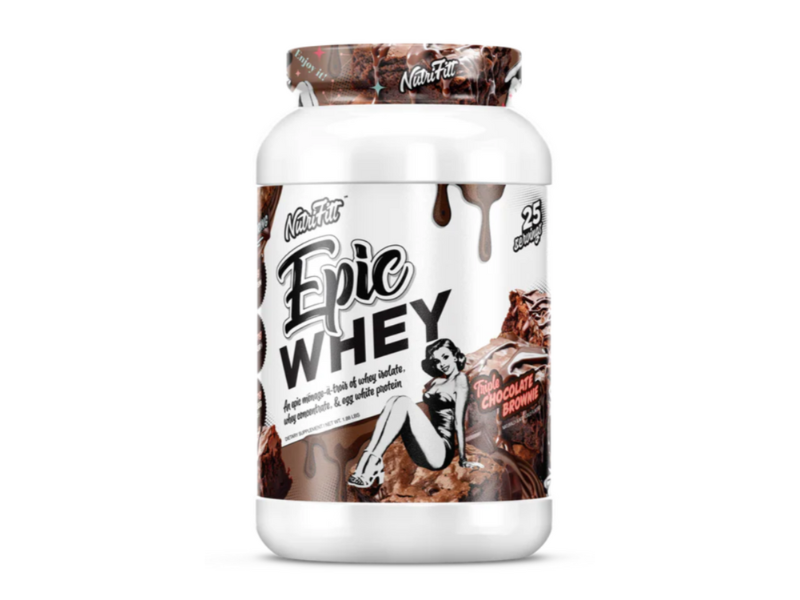
Whey protein, like NutriFitt's Epic Whey, is a high-quality protein derived from milk during the cheese-making process. It is rich in essential amino acids, making it an excellent choice for muscle growth and recovery. Whey protein supplements come in various forms like whey protein isolate, concentrate, and hydrolysate, each offering unique benefits for protein synthesis and muscle building.
What is Collagen Protein?
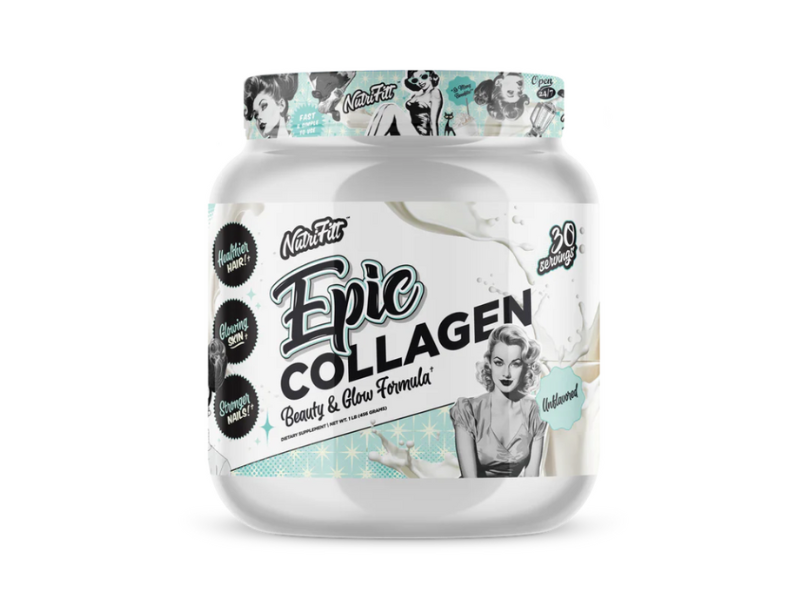
Collagen protein is a vital structural protein found in connective tissues, skin, hair, and nails. It supports skin elasticity, joint mobility, and tissue repair. As we age, natural collagen production declines, leading to wrinkles and joint pain. Hydrolyzed collagen, like NutriFitt's Epic Collagen, is broken down into smaller peptides for enhanced bioavailability, making it easier for the body to absorb. Collagen supplements can improve skin quality, alleviate joint pain, and promote overall well-being.
Key Benefits of Whey Protein
Whey protein is the most popular supplement known for its numerous benefits in fitness and nutrition.
Here are the key benefits of incorporating whey protein into your diet:
- Promotes muscle growth and speeds up recovery after exercise.
- Boosts muscle protein synthesis, leading to increased strength.
- Provides a complete amino acid profile for optimal muscle building.
- Helps improve body composition by increasing lean mass.
- Supports weight management and fat loss when combined with a balanced diet and exercise
Key Benefits of Collagen Protein
Collagen is the most abundant protein in the human body, playing a vital role in maintaining the structure and health of various tissues.
Collagen protein offers several key advantages:
- Enhances skin elasticity and hydration, reducing the appearance of wrinkles.
- Supports joint health and may alleviate discomfort associated with arthritis.
- Promotes gut health by strengthening the intestinal lining.
- Aids in tissue repair and wound healing.
- Supports healthy hair and nail growth.
- May improve bone density and strength.
How to Choose the Right Protein for Your Needs
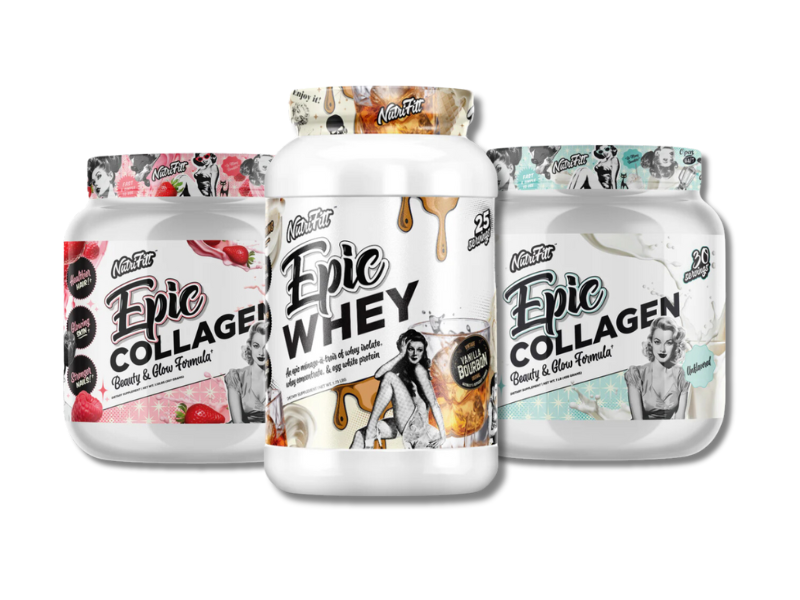
Consider your fitness goals, dietary preferences, and specific health concerns when choosing between whey protein and collagen. For building lean muscle mass and enhancing recovery, whey protein is more effective due to its rich amino acid profile.
Collagen, on the other hand, excels in supporting joint health, skin elasticity, and connective tissue repair. Dietary restrictions may influence your choice, as whey is derived from milk while collagen comes from animal sources.
Both supplements offer unique benefits: whey protein supplementation can improve body composition and aid weight loss, whereas collagen can alleviate joint discomfort and enhance skin quality.
Combining Whey and Collagen Proteins
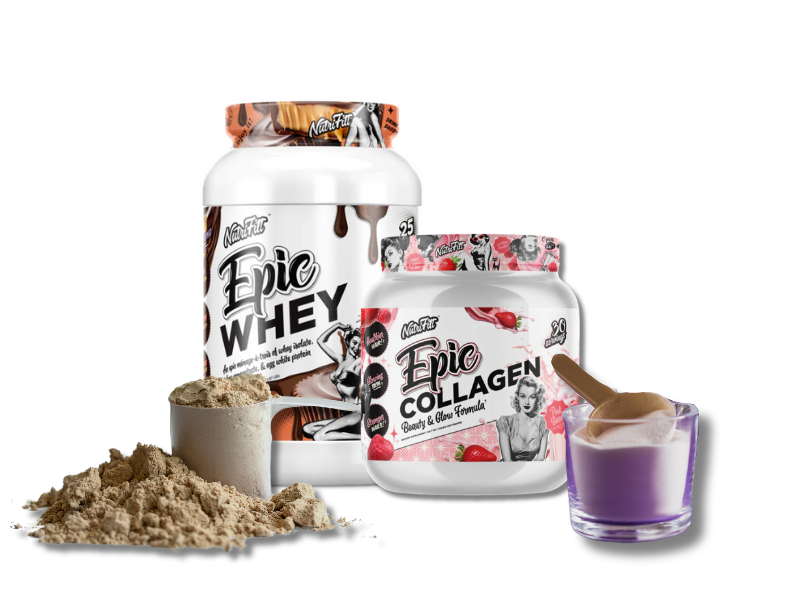
Combining whey protein and collagen can provide complementary benefits for overall health and fitness. Here are some tips for effectively incorporating both into your routine:
- Mix whey and collagen in your protein shake: Add a scoop of each to maximize muscle-building and joint support benefits.
- Alternate between whey and collagen: Use whey post-workout for muscle recovery, and collagen before bed for overnight tissue repair.
- Adjust ratios based on goals: Increase whey intake for muscle growth, or boost collagen for skin and joint support.
Pro Tip: For ideal results, combine NutriFitt's Epic Whey with Epic Collagen for consistent protein intake.
This powerful duo provides a complete amino acid profile, supporting muscle growth, recovery, and overall wellness.
Frequently Asked Questions
Can I Take Whey and Collagen Together?
Absolutely, you can take collagen and whey proteins together as they serve different purposes for your body. Combining them in a shake or incorporating one into your morning routine and the other post-workout or at night can offer complementary benefits.
How Much Protein Should I Consume Daily?
The daily protein requirement for most adults is approximately 0.7-1 grams per pound of body weight. For the average woman, this translates to around 45g, and for men, about 55g of protein daily. This amount can typically be met with two portions of protein-rich foods like meat, fish, nuts, or tofu.
Are There Any Side Effects to Using Protein Supplements?
While protein supplements are generally safe, high doses can lead to side effects such as increased bowel movements, acne, nausea, thirst, bloating, reduced appetite, tiredness, and headaches. Additionally, there isn't enough reliable information to determine the safety of whey protein during pregnancy or breast-feeding.
